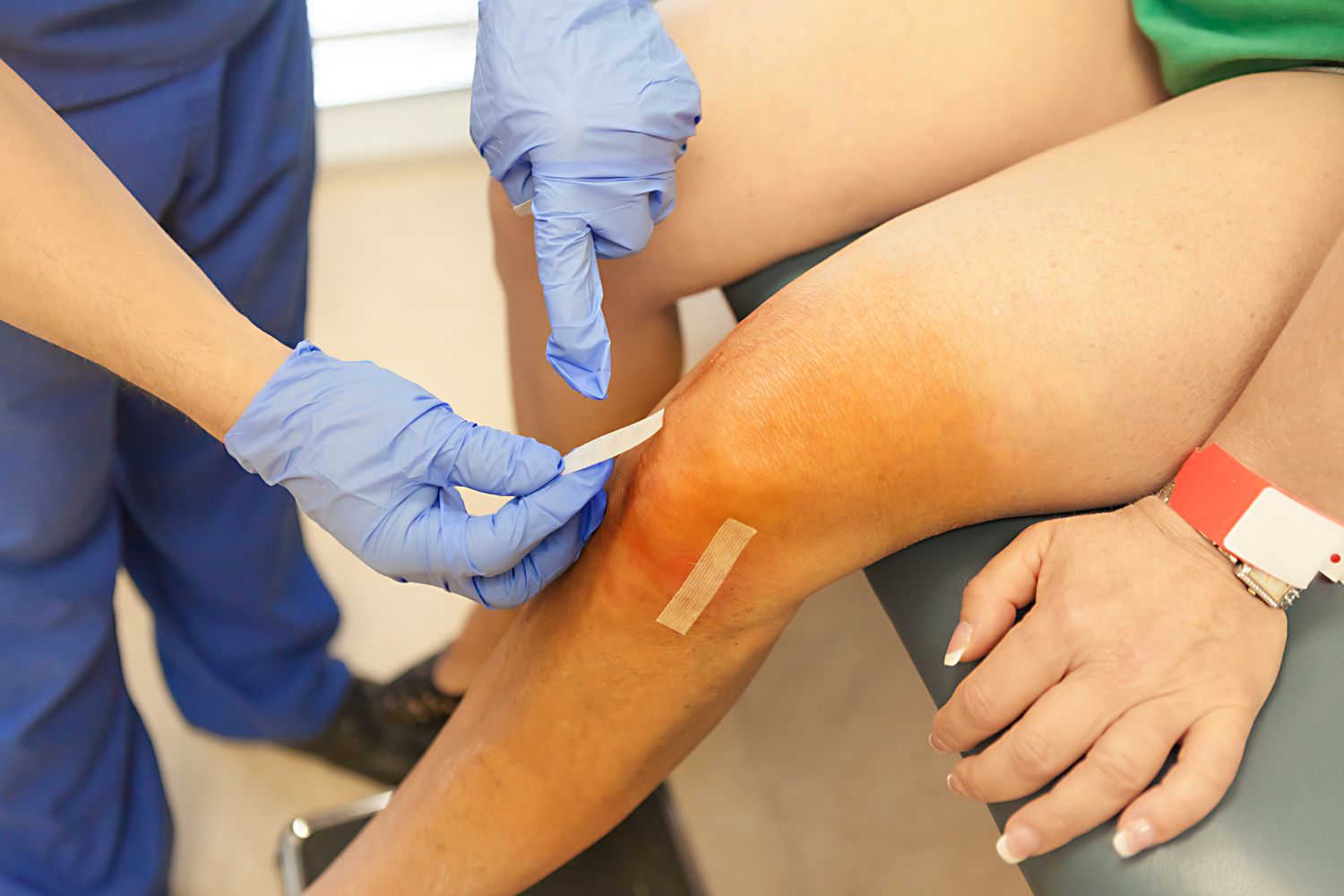Meet Our Doctors
Our doctors are highly regarded hip and knee specialists, delivering exceptional care to patients, from our orthopaedic clinics in Bankstown and Leichhardt. We’re all passionate orthopaedic surgeons who provide the latest treatments for knee and hip problems.
 Please discuss with Dr Rahme and your GP :
Please discuss with Dr Rahme and your GP :
- Any medications you are taking to see which ones you should stop taking before surgery.
- If you are taking aspirin or anti-inflammatory medications or warfarin or any drugs that increase the risk of bleeding.
- Options for preparing for potential blood replacement, including donating your own blood, medical interventions and other treatments, prior to surgery
- If you are overweight, ask about ways to lose weight before surgery which will help decrease the stress you place on your new joint. This should be considered well in advance of the treatment day.
- How to eat a well-balanced diet, supplemented by a daily multivitamin with iron.
- If you smoke, you should stop or cut down to reduce your surgery risks and improve your recovery.
- If you have any tooth, gum, bladder or bowel problems get these treated before surgery to help reduce the risk of infection later.
- Any infections. Surgery cannot be performed until all infections have cleared up.
- Arrange for someone to help you out with everyday tasks like cooking, shopping and laundry on the day of and for a period of time following your procedure
- Put items that you use often within easy reach before surgery
- Remove all loose carpets and tape down electrical cords to avoid falls.
- It is very important to remain flexible and keep an open mind since invariably some things don’t always go exactly as you had a planned.
- If you had surgery on an extremity (leg, knee, hand or elbow), keep that extremity elevated and use ice as directed. This will help decrease swelling and pain.
Take your pain medicine as directed. Begin the pain medicine as you start getting uncomfortable, but before you are in severe pain. If you wait to take your pain medication until the pain is severe, you will have more difficulty controlling the pain.

Take with you:
- A complete list of your routine medications including doses and times;
- Your xrays
- All paper work for hospital admission
- Any equipment (crutches, stockings, etc.) ordered for you by your doctor.
In general, a hip or knee surgical procedure will take about 1 to 2 hours.
It will be preceded by pre-surgical preparation and followed by monitoring in the recovery room. The time away from your room will be longer than the operation time due to time needed for your preparation for surgery, administration of anesthesia and monitoring as you recover from the anesthetic. Special care is taken to relieve pain. Do not hesitate to call, even in the middle of the night, to obtain relief. Regular checks will be made by the nurses.
Specialised personnel will, from day one after the surgery, take care of your recovery by defining the most suitable rehabilitation program for you and accompanying you through the gradual recovery process.
Rehabilitation can be started the day of the operation. You may progress to weight bearing activities as tolerated and may discontinue assistive devices as your comfort level improves. Although patients may be quite variable, most discontinue assistive devices within two weeks post-operatively.
Long term care of your total hip
Follow your orthopaedic surgeon’s instructions carefully to minimize any potential complications which can affect your recovery and your implant lifetime. These complications, however, are quite infrequent and some simple rules can dramatically reduce their likelihood.
